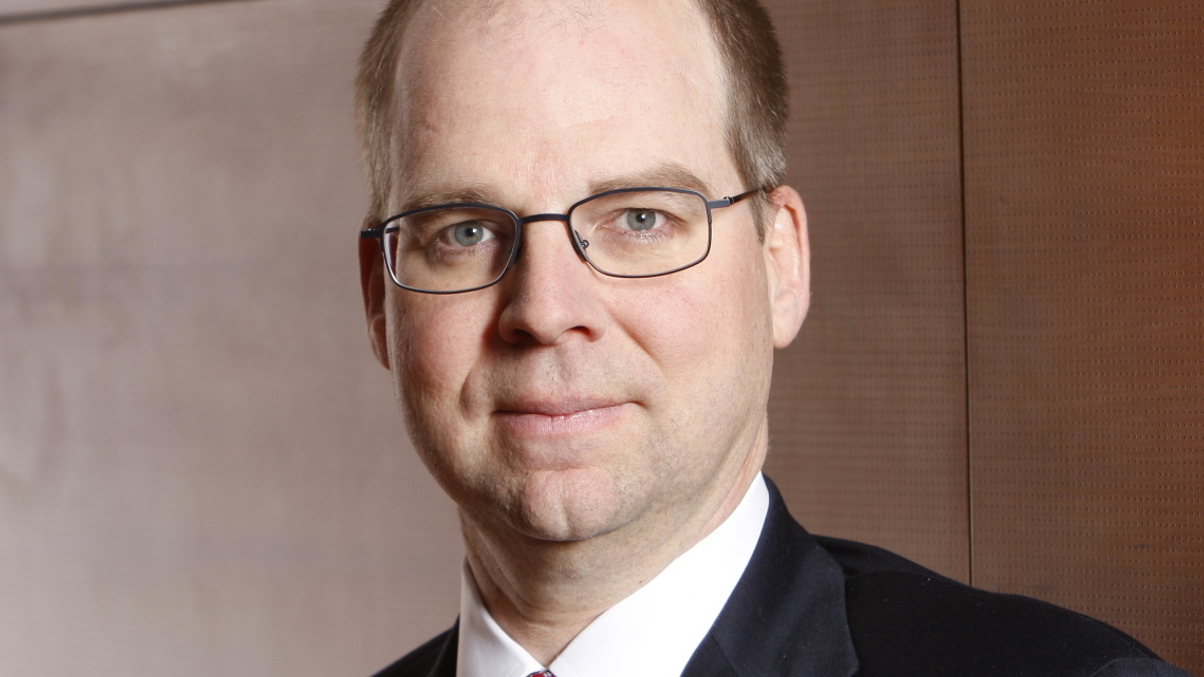Allianz AM chairman flags industry challenges
Jay Ralph, chairman of Allianz Asset Management, gives his views on issues facing active fund managers, such as the rise of passive investing and analysing behavioural finance.

The biggest fund houses are best able to cope with rising costs and regulatory requirements, but they still have to respond to post-crisis market pressures, says Jay Ralph, chairman of Allianz Asset Management, the parent of Allianz Global Investors and Pimco, with €1.8 trillion ($2.5 trillion) in assets.
Sign in to read on!
Registered users get 2 free articles in 30 days.
Subscribers have full unlimited access to AsianInvestor
Not signed up? New users get 2 free articles per month, plus a 7-day unlimited free trial.
¬ Haymarket Media Limited. All rights reserved.


